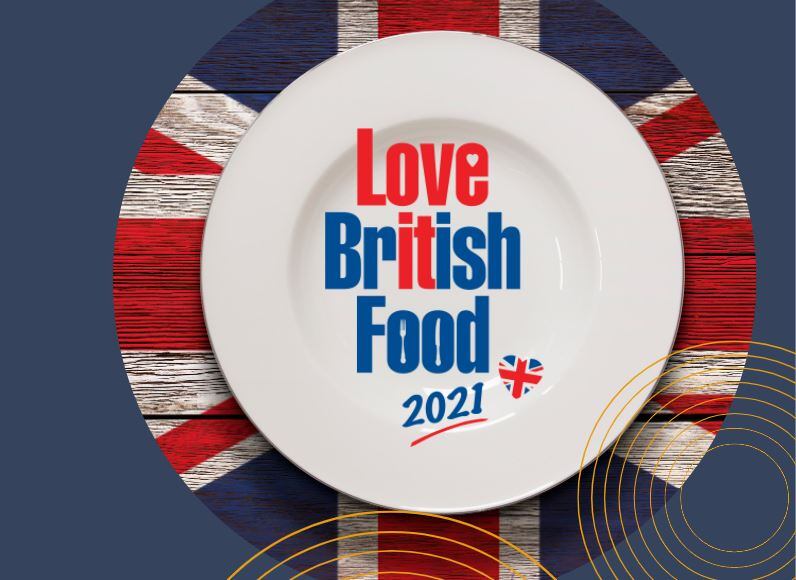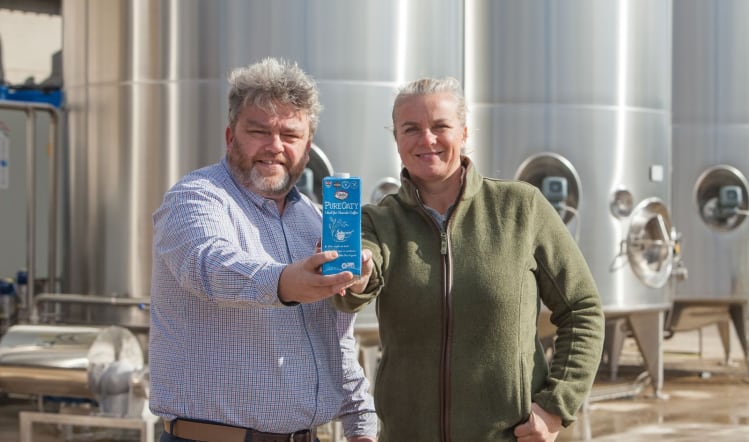A 2021 survey of 494 shoppers revealed that while they looked for quality standards marks, most were not confident in their knowledge of the standards they required. More needed to be done to promote the marks and standards, England Marketing claimed.
Most respondents estimated that 73% of their meat, fish and dairy, 62% of fruit and vegetables and 55% of store cupboard items they bought were produced in Britain. However, this contrasted with Department for Environment, Food and Rural Affairs statistics that just 55% of purchases were UK-produced.
More promotion of British food
Many respondents felt more needed to be done to promote British food, particularly at national and local government level and through major supermarket chains.
A report based on the research concludes: “A more fruitful approach may be found in encouraging supermarkets to promote their own initiatives within British food, farming and sustainability instead, increasing footfall for them and driving important messages for the consumer in a more coherent way.”
The consumers surveyed reported a lack of knowledge or transparency over which supermarkets did the most to support British-produced food.
Losing faith in Union Jack on packaging
Some respondents reported losing faith in the Union Jack symbol on packaging. “Consumers are wary of the Union Jack symbol featuring on packaging, being concerned that it may only have been packed in the UK, so more stringent measures and clearer messaging need to be implemented as reassurance,” the research concludes.
Those replying to the survey reported varying impacts for national food campaigns, with Dry January and Veganuary the most well-known, followed by Love Food Hate Waste. Results of the research suggested these three campaigns were also the most effective at changing shopping habits.
A total of 65% of respondents said they would pay more for UK-grown fruit and vegetables, 63% would pay more for British farm produce, such as meat or eggs, and 55% would pay extra for locally-sourced fish. One in five said they would pay more than 20p per item.
More than nine out of ten claimed they would prefer to buy British produce over imports. Reasons for not buying British included that the produce did not grow in the UK or was not always in season.




